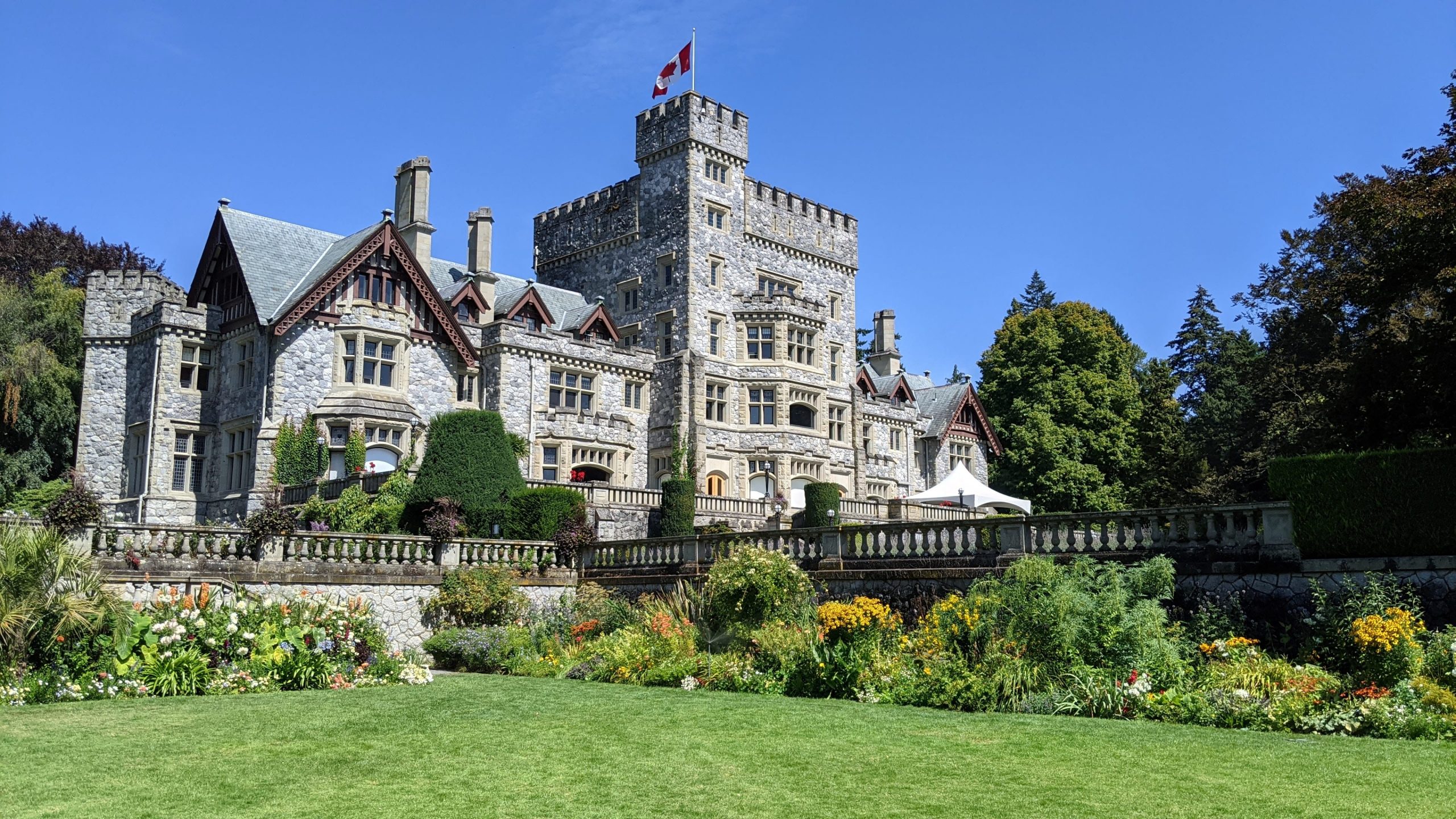Table of Contents
ToggleInternational students have consistently chosen to enrol in courses connected to agriculture in Canada. The primary explanation is that agriculture supports a larger portion of the Canadian economy. There are many open positions in this area, which is profitable for the nation. Since Canada’s agricultural sector is diverse, the country is always looking for young minds to participate in the growth of this industry. The country is home to a number of QS-ranked agricultural universities that provides agriculture-related courses in Canada and the necessary expertise as well as knowledge to excel in this field. So, if you’re looking for agriculture courses in Canada after the 12th, look no further than what the experts have to offer.

Why Study Agriculture Courses In Canada?
Let us first understand why Canada is the preferred choice for this course before we can learn about agriculture scope in Canada:
- Multiple Types of Degrees: Most agriculture universities in Canada offer a variety of agricultural degrees, including BSc and Masters degrees in agriculture, PG diplomas in agriculture in Canada for international students, and PhD degrees in agriculture in Canada. International students can select this level of study based on their interests in this field.
- Top Agriculture Universities: In Canada alone, there are more than 5 QS-ranked best agriculture universities. These universities provide coursework, thesis, and research-based learning opportunities. The top three universities are the University of British Columbia, McGill University, and the University of Guelph.
- Course-Focused Teachings: Canadian universities design their courses so that students can specialize in core subjects. For example, if you study MSc in Boreal Ecosystems and Agricultural Science at the Memorial University of Newfoundland, the main topics covered include cropping systems, land use changes, and their impact on Boreal ecosystems.
- Variety of Agriculture Courses: Whether you choose a post-graduate diploma in agriculture in Canada or a regular degree-based course, Canadian universities have a variety of specialized programmes to offer. Agriculture Economics, Plant Science, Soil Science, Environmental Science, and so on are a few examples.
An Overview of the Postgraduate Diploma in Agriculture Program in Canada for International Students
International students continues to pursue a PG Diploma in agriculture in Canada at a high rate. This option is popular because PG diplomas in Canada are course-focused, affordable, and help agriculture graduates develop relevant skills. Here is an overview of agriculture courses in Canada-
- Course Duration: Diploma- 2 years, Advanced diploma- 3 years;
- Programmes Offered: PG in Diploma in Agricultural science, horticulture (food and farming), horticulture technician, Associate diploma in Agriculture, Environment management, animal care, environmental technician, environmental technology, and other agriculture diploma courses in Canada.
- Universities/Colleges List: the University of Lethbridge, University of Guelph, Ontario Colleges, University of Manitoba, Seneca College, Durham College
- Admission Requirements: Minimum of 70% in high school; solid performance in applied math, English, and equivalent subjects
- Average Tuition Fees: 7,349 CAD- 20,631 CAD/year
Eligibility Criteria To Studying Agriculture In Canada
To apply to agriculture colleges in Canada, certain eligibility requirements must be met to pursue a diploma in agriculture in Canada. While these criteria differ depending on the university chosen and the level of study, there is a standard process that is followed by all.
- Official Transcripts
- English language proficiency- IELTS- 6.5 with no band less than 6.0, TOEFL iBt- overall 90, PTE- 65
- Degree-specific courses requirements
Admission Requirements To Pursue Agriculture Courses In Canada
An admissions process is required to apply to any agriculture university in Canada. Make sure the following is done:
- Determine whether you want to pursue a bachelor’s degree, a master’s degree, a doctorate degree, or a postgraduate diploma. Select the university/college that offers offline as well as online agriculture courses in Canada at the desired level of study.
- To learn more about the entry requirements, go to the official website of the university or college. Prepare for the necessary tests and begin gathering supporting documentation.
- Before the application deadline, pay the application fee and attach all required documents.
- Wait for confirmation or check your status on the university’s website. Once your acceptance has been confirmed, you can begin applying for funding and a student visa.
Documents Required For Agriculture Colleges In Canada
Certain documents must be submitted from your end during the application process. Following is the checklist of documents:
- All official transcripts
- CV/Resume
- Portfolio
- English language proficiency exam
- 2 letters of recommendation
- Letter of Intent
- Any other test result proof
- Financial Sponsor, if required
List Of Best Agricultural Universities In Canada
Canada is home to some of the best and most well-known agricultural universities in the world. For many years, these universities have been popular among international students. Here are some popular ones to think about right away:
- The University of British Columbia
- The University of Guelph
- The University of Saskatchewan
- Universite Laval
- Memorial University of Newfoundland
Conclusion
Because of the diversity of the agricultural sector, Canada is relying on foreign labour to fill labour shortages. This means that as an international student, you will have access to a secure workspace. “Labor demand for Canada’s primary agriculture sector is expected to grow by an average of 0.5% per year over the forecast period,” according to Cahrc.
FAQs
1) How many agricultural colleges are there in Canada?
There are 35+ agricultural colleges in Canada offering the best agriculture courses and degrees.
2) What can I do in Canada after completing a BSc in agriculture?
After completing a BSc in agriculture in Canada, you have two options. First, apply for both a Master’s and a PhD programme in the same field. Two, apply for government positions or other agricultural-related positions.
3) What careers are available to international students who complete agriculture courses in Canada?
After completing agriculture courses in Canada, you will be able to pursue a variety of job opportunities. Horticulturists, Agricultural Engineers, Food Scientists, Biochemists, and others.
4) Which agriculture course in Canada is the best?
Agriculture programmes in Canada are varied. Depending on your interests, you can choose from a variety of courses such as Soil Science, Agricultural Economics, Animal Biology, and so on.
We hope you have enjoyed reading our blog, you can also read some of our blogs-
University Of Florida Admission Requirements


















1 thought on “Top PGDM Courses In Canada: Universities & Eligibility”
I have done Bachelor’s in Culinary Arts from India and completed my graduation in the year 2022 .I am 22 years old. After graduation, I have done 1 year paid internship from USA .Now, I would like to take occupational experience and learn culinary skills and also do masters in Culinary arts.How can I find the college n best course / country where I can persue studying further